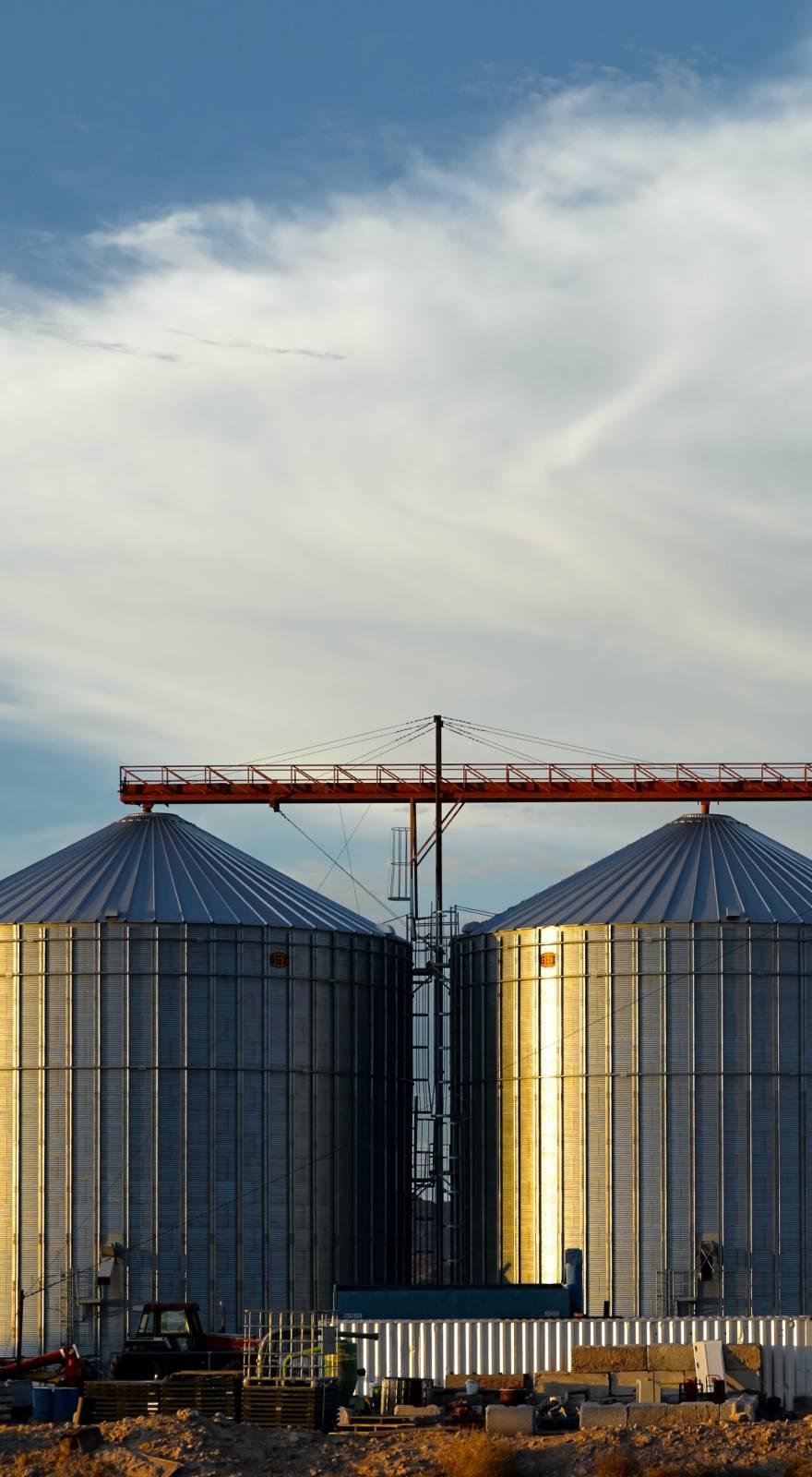Knowde Enhanced TDS
Identification & Functionality
- Chemical Family
- Fillers Included
- Polymer Name
- Technologies
- Product Families
Features & Benefits
- Materials Features
- Key Benefits
- High resistance to deformation under load, wear and cold flow
- High heat insulation
- Less chemical resistance compared to carbon and glass-filled Efalon®
- Easily processed mechanically
Applications & Uses
- Markets
- Applications
- Plastics & Elastomers End Uses
- Applications
- Bearings
- Piston rings
- Valve sets
- Valve components
Properties
- Physical Properties
- Mechanical Properties
- Typical Properties
- Thermal Properties
- Electrical Properties
| Value | Units | Test Method / Conditions | |
| Coefficient of Friction (Static) | 0.07 | - | - |
| Coefficient of Friction (Dynamic) | 0.13 | - | - |
| PV Limits (3 m/min) | 300 - 320 | kg.cm³.min | - |
| PV Limits (30 m/min) | 390 - 400 | kg.cm³.min | - |
| PV Limits (300 m/min) | 450 - 550 | kg.cm³.min | - |
| Value | Units | Test Method / Conditions | |
| Tensile Strength at Break | 140 - 220 | Kg/cm² | D638 |
| Total Deformation | 3.7 - 4.8 | % | D621 |
| Compressive Stress (%1 Deformation, 23°C) | 105 - 110 | Kg/cm² | D695 |
| Permanent Deformation | 1.5 - 2 | % | D621 |
| Elongation at Break (23°C) | 110 - 220 | % | D638 |
| Impact Resistance (Izod, Notched) | 10 - 11 | Kj/m² | D256 |
| Hardness | 65 - 70 | Shore D | D2240 |
| Total Deformation Under Weight (10 kg/cm² Load, 150°C, 24 hours) | 1 - 1.1 | % | - |
| Total Deformation Under Weight (50 kg/cm² Load, 150°C, 24 hours) | 9 - 10 | % | - |
| Value | Units | Test Method / Conditions | |
| Density (23°C) | 3.8 - 4.0 | g/cm³ | D792 |
| Value | Units | Test Method / Conditions | |
| Coefficient of Linear Thermal Expansion (25°C-100°C, [x10^-5]) | 7.5 - 9 | °C-1 | D696 |
| Coefficient of Linear Thermal Expansion (25°C-100°C, [x10^-5]) | 10 -11.5 | °C-1 | D696 |
| Coefficient of Linear Thermal Expansion (25°C-100°C, [x10^-5]) | 13 - 14 | °C-1 | D696 |
| Heat Conductivity (30°C, [x10^-4]) | 17 - 20 | Cal/cm.sn.°C | - |
| Maximum Allowable Service Temperature in Air - Continuous | 270 | °C | - |
| Maximum Allowable Service Temperature in Air - Continuous | -260 | °C | - |
| Value | Units | Test Method / Conditions | |
| Surface Resistivity (23°C, RH 50%) | min. 10^9 | Ohm | D257 |
| Surface Resistivity (23°C, 50% RH) | min. 10^9 | Ohm | D257 |
| Volume Resistivity (23°C) | min. 10^7 | Ohm-cm | D257 |

